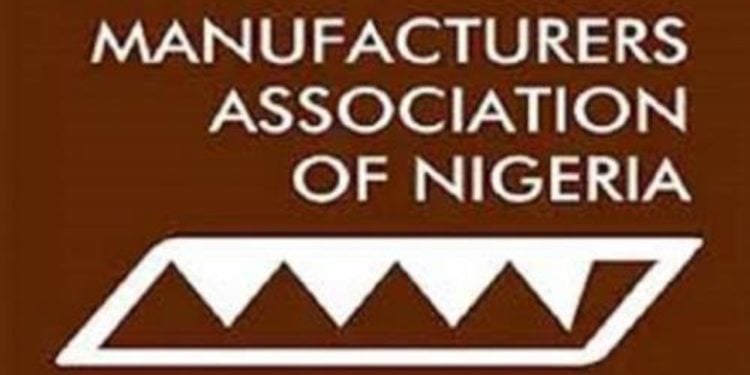The Manufacturing Association of Nigeria(MAN) is foreseeing a situation where more operators in the manufacturing sector would close down and create more shock in the economy.
The director general (DG) of MAN, Segun Ajayi-Kadir, observed that, the overall decline in both aggregate and sectoral performances, as captured in the Q3, 2022, Gross Domestic Product(GDP) report by the National Bureau of Statistics(NBS) could have far-reaching adverse effects on the manufacturers.
Ajayi-Kadir said, dominant among these include lower manufacturing turnover.
He said, the GDP growth slowdown will most likely result in higher unemployment rate and coupled with high inflation rate, the economy is likely to face higher misery index that worsens the poverty level and further shifts consumers away from elastic manufactured goods.
This, according to him, will eventually result in drastic reduction of patronage and lower sales turnover.
The DG, in his reflection, said the data provided by the report shows that Food, Beverage & Tobacco (48.8 per cent), Textile, Apparels and Footwear (18.6 per cent) and Cement (11.72 per cent) were the top three contributors of the manufacturing sector in the third quarter of 2022, although, only Cement industry recorded a higher contribution than the figure in the preceding quarter.
In terms of a year-on-year real growth performance, the top three leading sub-sectors included Chemical and Pharmaceutical Products (11.09 per cent), Cement (4.13 per cent) and Non-Metallic Products (4.00 per cent).
On the other hand, Chemical and Pharmaceutical Products, Wood & Wood Product and Basic Metal Iron & Steel were the top three improved sub-sectors in the period under review.
However, the manufacturing sector accounted for 8.59 per cent of real GDP in the third quarter of 2022 which is marginally lower than the 8.96 percent recorded in same quarter of 2021 and 8.6 percent recorded in the preceding quarter of 2022.
On a year-on-year basis, the sector grew by -1.91 per cent in the third quarter of 2022 compared to 4.29 percent in the third quarter of 2021 and three per cent recorded in the second quarter of 2022.
This represented a -6.2-percentage point and -4.91 per cent point decline from the growth witnessed in 2021 Q3 and 2022 Q2 respectively.
Speaking on heightened forex challenges, he said, the slag in the diversification drive implies further dependence on imported raw material and machinery, adding that, the forex crisis bedeviling the sector is not likely to be resolved anytime soon.
Speaking further, he said: “considering that the revenue generating capacity of the government is hampered by high unemployment, the limited funds will slow down the provision of infrastructure and credit facilities necessary to boost productivity of the manufacturing companies. Otherwise, the government will resort into more borrowings and put the country in debt peonage.”
Continuing, he added, “the negative growth of the sector’s GDP sends a strong signal to potential investors in the sector. The impending result is negative investors’ sentiments and pessimism against provision of critical raw materials, technology and technical know-how required to promote the industry.”
Ajayi-Kadir pointed out that Nigeria’s path to economic growth, industrialisation and sustainable development has been compromised by inadequate attention to the numerous pressing challenges of the manufacturers who are meant to be the propellers of its long-term economic agenda.
Achieving a stable rapidly-growing economy would require taking head-on the daily bottlenecks confronted by business owners within the manufacturing sector, considering its active inter-linkages with other key sectoral drivers of the economy.
The association called for jettisoning of the failing hard peg policy and establish a clear and transparent market framework to guide interventions of the CBN in the forex market.
In addition, the DG said, authorities should synergistically align monetary and fiscal policies while also curbing fiscal deficits by the gradual removal of fuel subsidy backed with appropriate palliatives for the poor.



